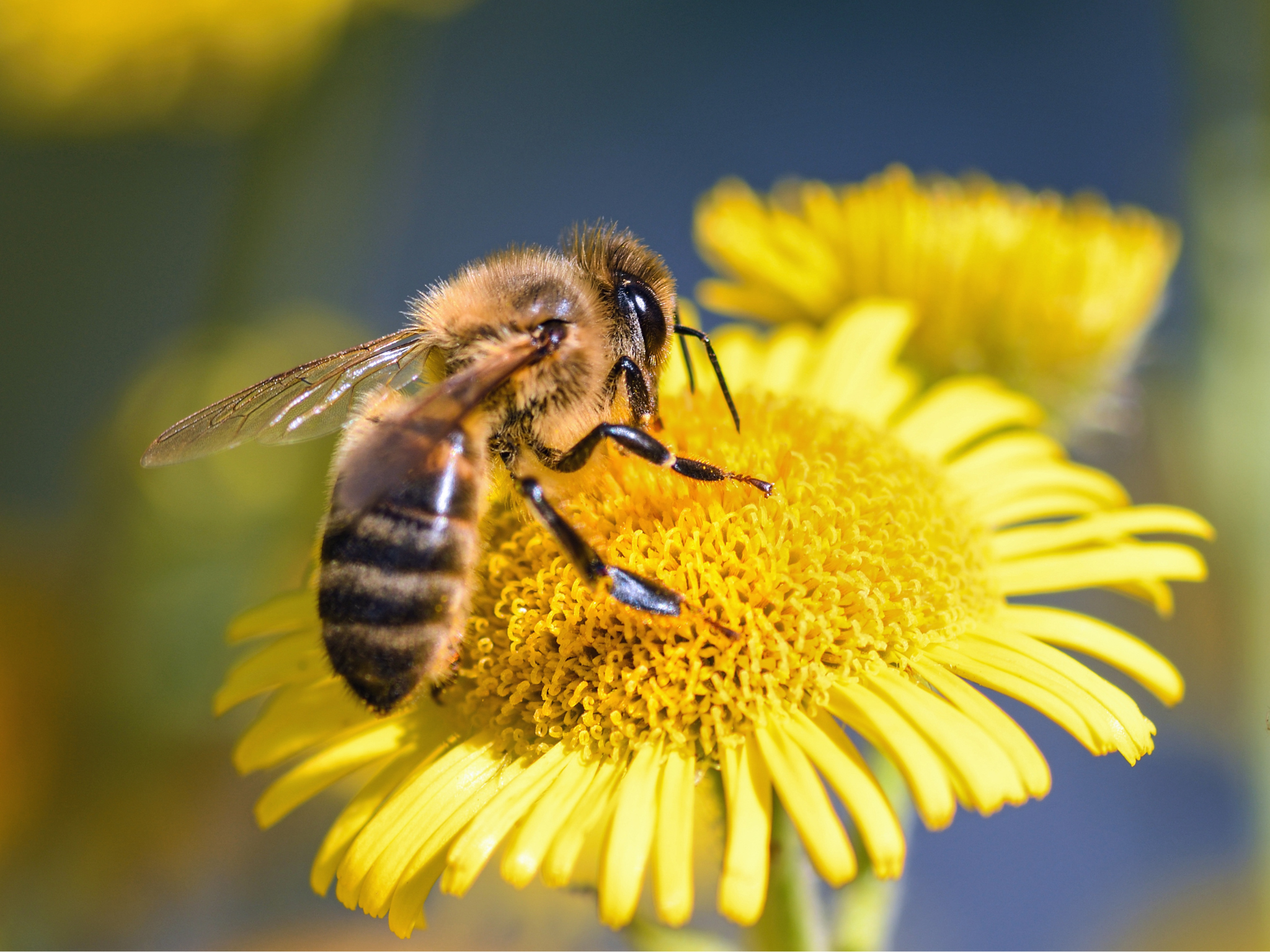As the weather warms up in May, outdoor activities increase, exposing people to more bugs and insects. While most bites and stings are harmless, some can cause allergic reactions or serious medical issues. Knowing how to treat minor reactions and when to seek medical help is essential for staying safe and healthy.
Common Bug Bites & Stings
Bites and stings from insects like mosquitoes, bees, wasps, fire ants, spiders, and ticks can result in mild to severe reactions. Common symptoms include redness, swelling, itching, and pain. However, in some cases, an allergic reaction can develop, requiring immediate medical attention.
First Aid for Minor Bug Bites & Stings
For most bug bites and stings, simple at-home treatments can provide relief:
- Clean the area with soap and water to prevent infection.
- Apply a cold compress to reduce swelling and numb pain.
- Use anti-itch creams or take an oral antihistamine to ease itching and discomfort.
- Keep the area elevated if swelling occurs.
- Avoid scratching, as this can lead to infection.
For bee stings, remove the stinger as quickly as possible using a flat object like a credit card to scrape it away. Avoid using tweezers, as they can squeeze more venom into the skin.
Recognizing an Allergic Reaction
Some individuals may have an allergic reaction to a bite or sting, ranging from mild to severe.
Signs of an allergic reaction include:
- Hives or widespread redness beyond the bite area
- Severe swelling, especially in the face, lips, tongue, or throat
- Difficulty breathing or wheezing
- Dizziness or fainting
- Rapid heartbeat or drop in blood pressure
- Nausea, vomiting, or stomach cramps
A severe allergic reaction, also known as anaphylaxis, is a medical emergency. If any of these symptoms occur, call 9-1-1 immediately and use an epinephrine auto-injector (EpiPen) if available.
When to Seek Medical Help
Even if a bite or sting does not cause an allergic reaction, medical attention may be necessary in the following situations:
- The bite becomes infected – Signs include pus, increasing pain, warmth, or red streaks spreading from the area.
- A tick bite with flu-like symptoms – Fever, muscle aches, or a bullseye-shaped rash could indicate Lyme disease.
- A spider bite with worsening symptoms – Some spider bites (such as from a black widow or brown recluse) can cause severe reactions, including pain, fever, chills, or an ulcer at the bite site.
- Multiple stings – Being stung multiple times, especially by wasps or fire ants, can increase the risk of a severe reaction.
Preventing Bug Bites and Stings
While you can’t completely avoid bugs, you can take precautions to reduce your risk:
- Use insect repellent like lemon eucalyptus oil.
- Wear long sleeves and pants when hiking or spending time in wooded areas.
- Avoid scented lotions and perfumes, which can attract insects.
- Stay away from known nests or hives, and don’t swat at bees or wasps.
- Check for ticks after spending time outdoors, especially in grassy or wooded areas.
Most bug bites and stings are minor, but knowing how to recognize allergic reactions and when to seek medical care can make a significant difference. If you or someone you know experiences signs of a severe reaction, don’t hesitate to seek emergency help. For non-emergency concerns, visit an urgent care center for professional evaluation and treatment.

Favorite Platform

New Content




